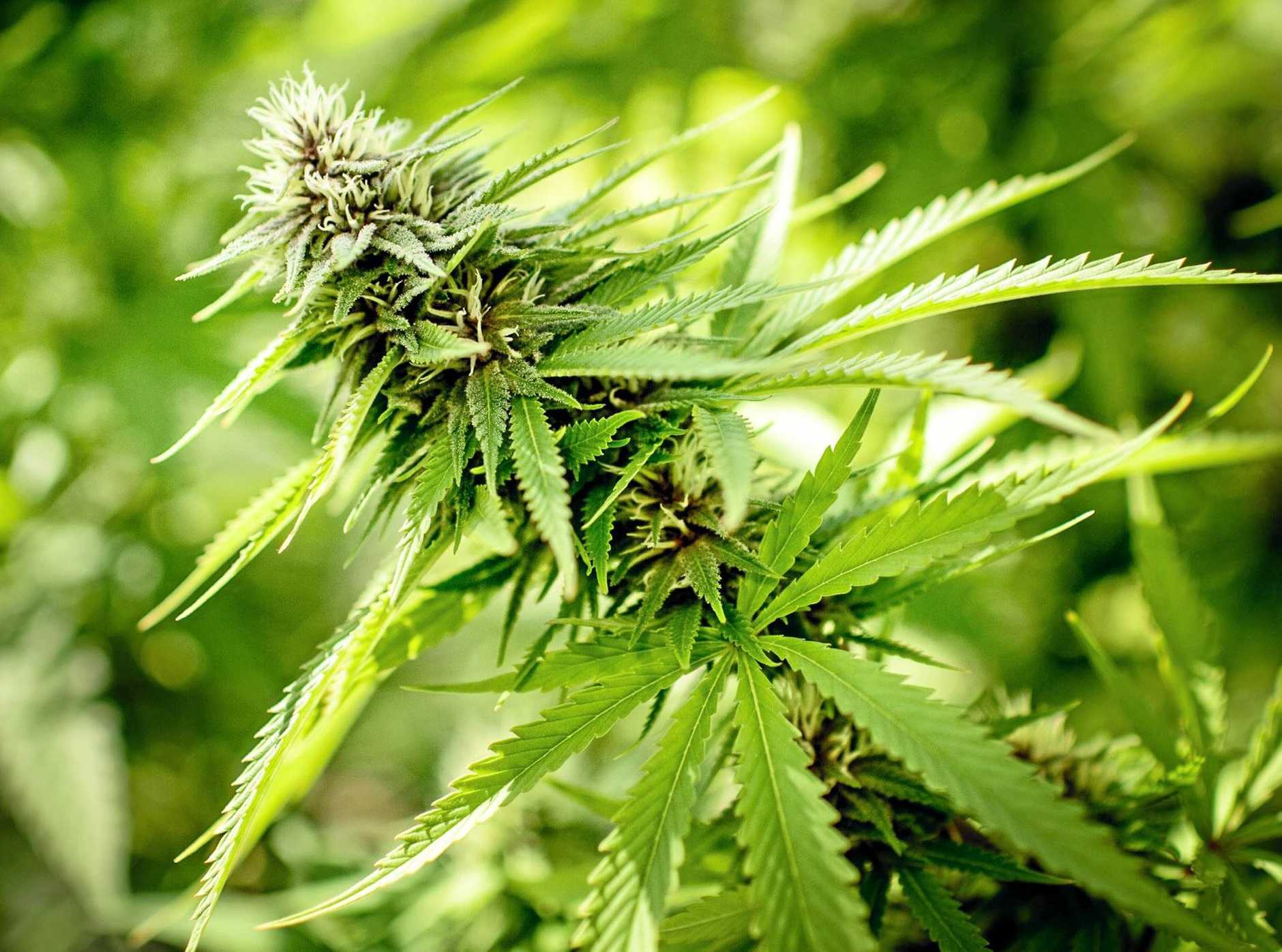A new study, published in BMC Public Health, has suggested that the minimum age for non-medical use of marijuana should be 19 years.
Researchers from the Memorial University of Newfoundland, Canada, investigated how people who started using marijuana at younger ages differed across important outcomes, such as cigarette smoking, educational attainment, and self-reported general and mental health, in later-life.
Lead study author Dr. Hai Nguyen said, “Prior to legalization, the medical community recommended a minimum legal age of 21 or 25 for non-medical cannabis use in Canada. This recommendation was based on scientific evidence around the potential adverse impacts of cannabis on cognitive development.”
“However, policymakers feared a high minimum legal age may lead to large underground markets, with those under the legal age continuing to use cannabis illegally,” Dr. Nguyen added. “Ultimately, a lower legal age of 18 or 19 was decided across provinces, however, there remains ongoing debate and calls to raise the legal age to 21.”
The researchers found different optimal minimum legal ages depending on the important outcomes of interest.
For cigarette smoking, participants who first used marijuana aged 19-20 were less likely to smoke later in life than those who first used cannabis at the age of 18.
The number of participants reporting a high level of completed education was 16% higher among those who first used marijuana at the ages of 21 to 24.
Overall health was significantly better among participants who started using marijuana aged 18 than those who started before the age of 18. Mental health outcomes were higher among participants who first used cannabis aged 19-20 than those who started using it before the age of 18.
“The lower level of completed education reported in those who first used cannabis at an earlier age may reflect poor neurological development or a higher ‘drop-out’ rate from further education,” Dr. Nguyen said.
“It is also possible that those who initiate cannabis use early may use it as a gateway for further illicit drug use, resulting in poorer health in later life, which may explain the poor general or mental health scores recorded in the study,” he added.
Dr. Nguyen explained, “Taking into account all measured outcomes, our results indicate that, contrary to the Canadian federal government’s recommendation of 18 and the medical community’s support for 21 or 25, 19 is the optimal minimum legal age for non-medical cannabis use.”
“Keeping the legal age below 21 may strike a balance between potential increases in underground markets and illegal use, and avoiding the adverse outcomes associated with starting to use cannabis at an earlier age.”
The researchers, however, cautioned that the study used self-reported data so participants may not have precisely recalled the age at which they first used marijuana. In addition, the researchers collected data before the legalization of non-medical marijuana use in Canada. They were also not able to predict the impact of marijuana use after legalization, calling for more studies.























